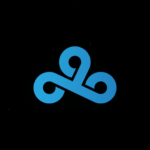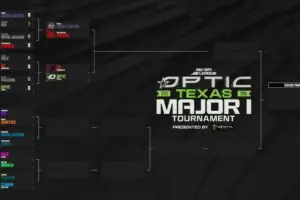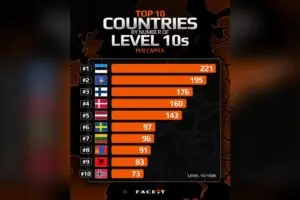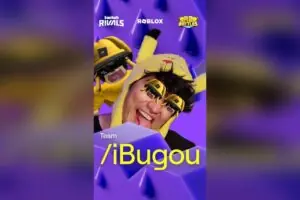Riot Games‘ new first-person competitive shooter Valorant is still very much taking its initial steps as a title and future esport league.
We’re unsure what this competitive league will look like and how it will operate (or even when it will arrive), but we have been getting a few sneak peeks into the competition as the Ignition series has offered grassroots tourneys being hosted by a variety of organizations where teams frag each other ad infinitum across four maps.
Some organizations have been eager to begin their legacy as early as possible: Sentinels cemented their roster with the pick-up of the Overwatch League DPS legend, Jay ‘Sinatraa’ Won, who left the Overwatch League mid-season to sow his seeds within the beginning of the Valorant scene.
Other teams, such as 100 Thieves, have been more methodically biding their time as they explore options and put together a team that appears to revolve entirely around ex-CS:GO players, sound-bites notwithstanding regarding their open-minded concept surrounding the formation of the team thus far.
Then you have FURIA, well known within the CS:GO scene for being an upstanding and highly ranked team within the professional NA scene, that has yet to make a move towards Valorant, although they’re interested.
Brazilian esport outlet The Clutch managed to nab an interview with FURIA CEO Jaime de Pádua in Portugeuse, asking about the organization’s future within Valorant as every organization seems to be consistently refreshing and tifying their rosters in expectation of Riot’s upcoming professional leage.
Jaime de Pádua notes that there has been a massive amount of shake-ups within Valorant in recent months as all of the organizations struggle to understand precisely what a star-studded team needs to be able to consistently offer in order to regularly dominate; favored teams have switched monthly, it seems, ranging from T1 to Sentinels, and there’s likely no chance of the dust settling just yet.
While individual players are able to maintain a level of consistency to various effects within the hotly contested competitive scene, Valorant has similar team-building struggles as Counter-Strike: one legendary player simply cannot carry the entire team through tournaments.
Thus, while FURIA is absolutely interested in joining the Valorant scene, they’re also more than content to allow other organizations funnel funds into figuring out precisely what success looks like while the Brazilian organization watches with interest and anticipation.
Hopefully, by the time FURIA enters into the professional Valorant scene, offline tournament play will be reinstated allowing the Brazilians to compete outside of the NA region lock.





